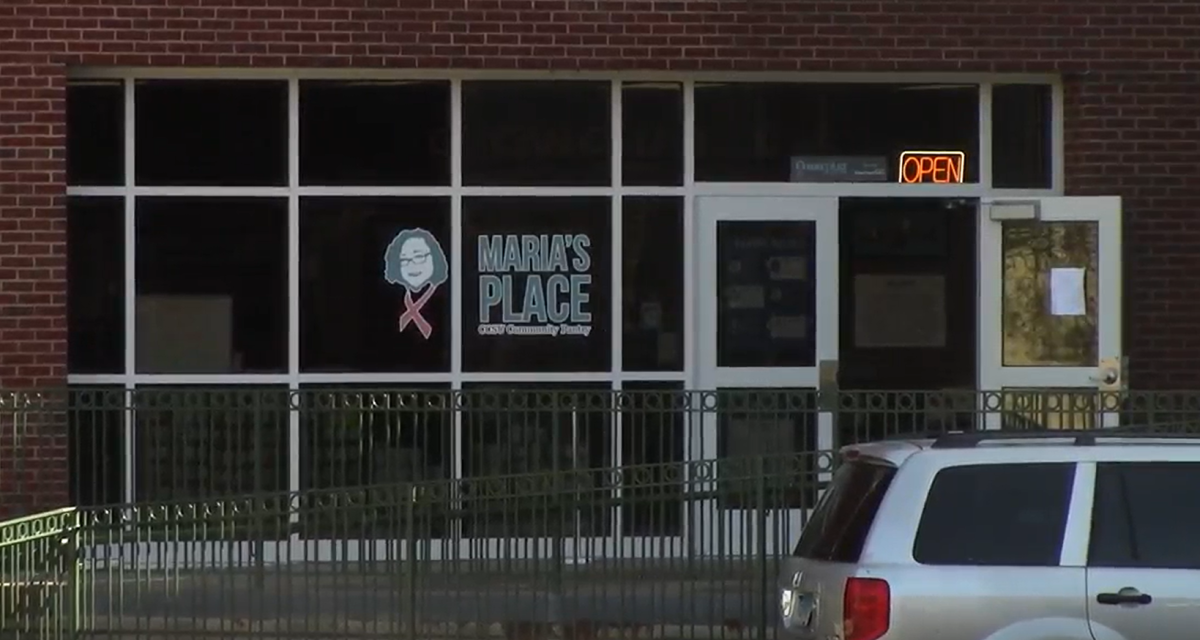by Sarah Willson
Suicide is the second leading cause of death for people ages 15 to 24 in the United States. Central Connecticut State University is trying to combat those numbers.
In a country where 1,100 students are lost to suicide every year, CCSU is partaking in an effort to help combat the loss of young lives by being awarded the Garrett Lee Smith Suicide Grant.
The aim of the grant is to create a community of support for students on campus struggling with anxiety, depression and thoughts or potential actions of suicide.
The grant provides training known as QPR, or question persuade.
According to Kate Ayotte, a CCSU student and the Wellness Program’s Administrator for Suicide Prevention, QPR aims to help and support students who are struggling with thoughts or actions of suicide.

Photo Creds: Dr. Jonathan
“We’re really trying to get a large percentage of our campus trained in QPR,” Ayotte said.
“The first piece is getting students comfortable with recognizing the signs of suicide,” said Ayotte. “When they do recognize those signs, [students should] intervene and offer hope to persuade that student to find resources.”
The training, which is an hour and a half long, will equip students or other participants with the three basic QPR skills and talk about the resources on campus students can use if they are struggling with mental health issues.
Role-playing to demonstrate real world situations will also be involved so students and other participants can learn to feel comfortable if they were to ever approach someone who may be contemplating suicide.
According to Ayotte, the motivation behind this project is the generally high suicide rate among the college student population.
“In order to create that primary prevention for students struggling, we have to make sure we have enough resources on campus so students can get the help they need,” Ayotte said.
Although a large amount of the grant is going to QRP training, some of it is also going towards CCSU programming, which includes informational materials regarding suicide.
“There will be a lot of programming [on campus],” Ayotte said. “We’re giving out information about resources everywhere. You’re definitely going to see a lot more happening on campus.”
Aside from offering QPR training, the CCSU Wellness Center also provides free, confidential counseling to students struggling with mental health issues.
“We have counselors who are licensed in our center,” Ayotte said. “We also have wellness education programming which includes things like stress management, anxiety coping methods and therapy dogs.”
Students who struggle with mental health problems, including suicidal thoughts or actions, are highly encouraged by Ayotte to visit the Wellness Center on campus, located in the Marcus White Annex building.
Ayotte said that if a student were too uncomfortable, they should seek out help from the Wellness Center, a trusted friend or a residence hall advisor, as they are often considered as proper people to confide in.
She also said using the suicide hotline if a life is in danger is very important.
“I think the lifeline can be a really important resource, especially because the counseling center isn’t open 24/7,” Ayotte said. “It’s a number a person can utilize anytime they feel like they, or someone they know, needs immediate help.”
More than anything, Ayotte stressed the importance of hope, which is often very grim for someone struggling with thoughts of suicide.
“There is hope,” Ayotte said. “Even just knowing that someone cares can be enough.”
The National Suicide Prevention Lifeline phone number is 800-273-8255.



